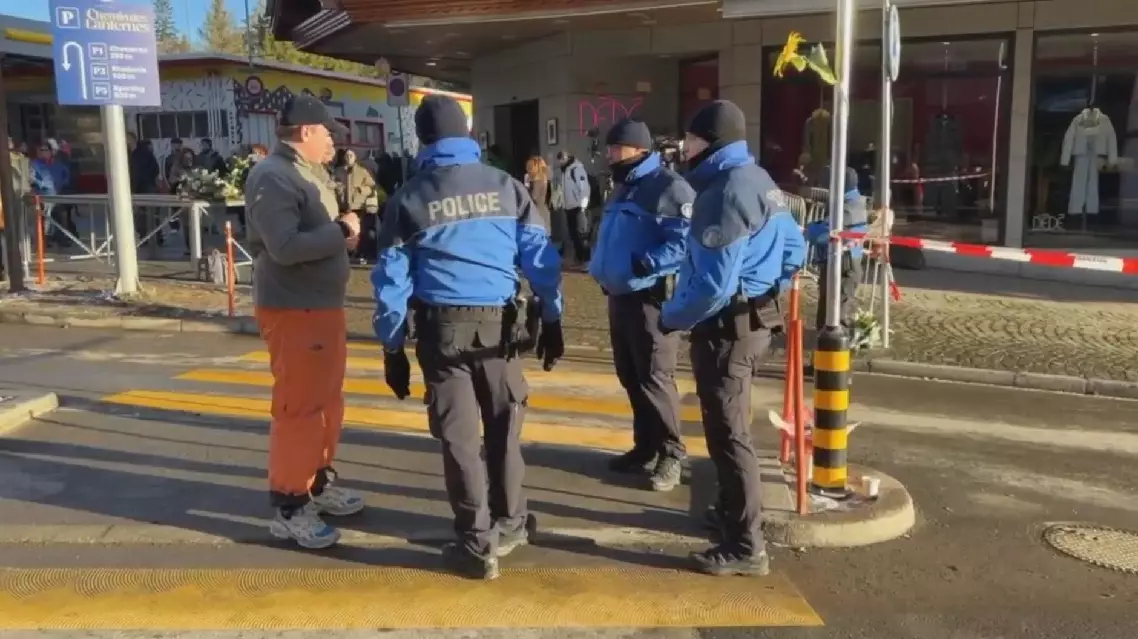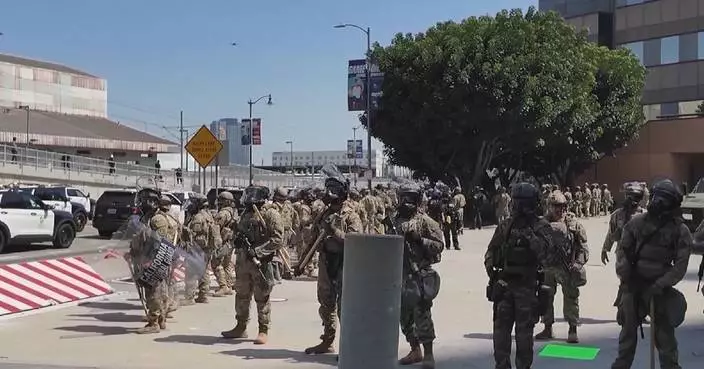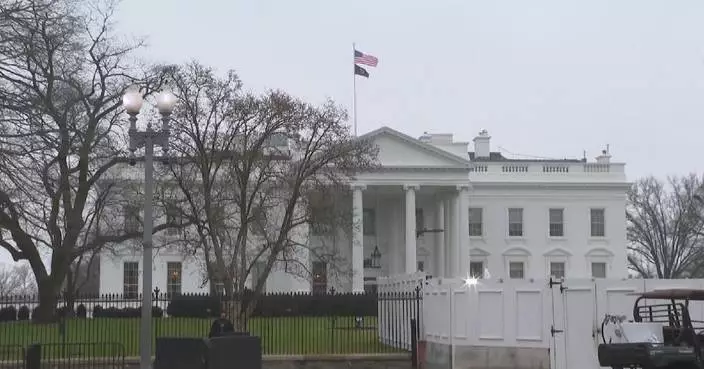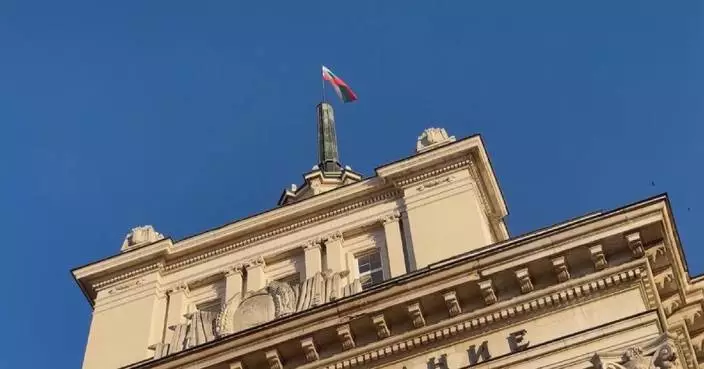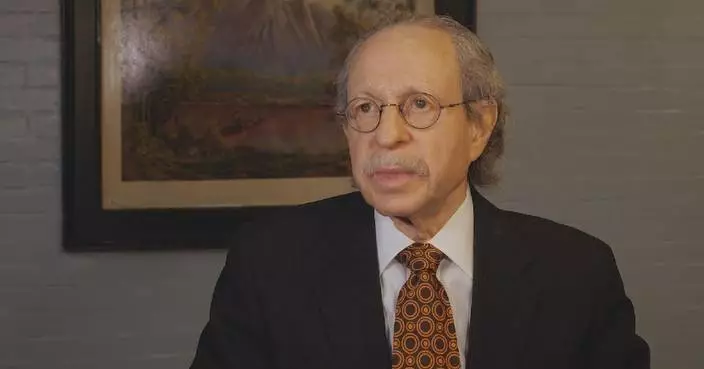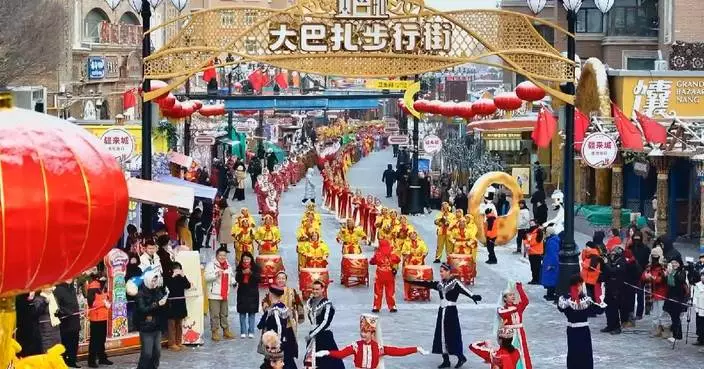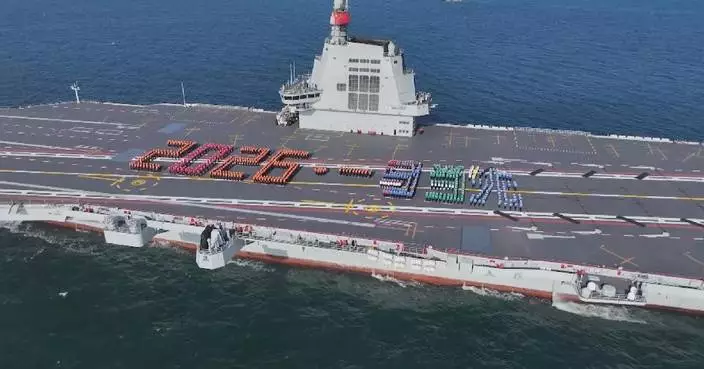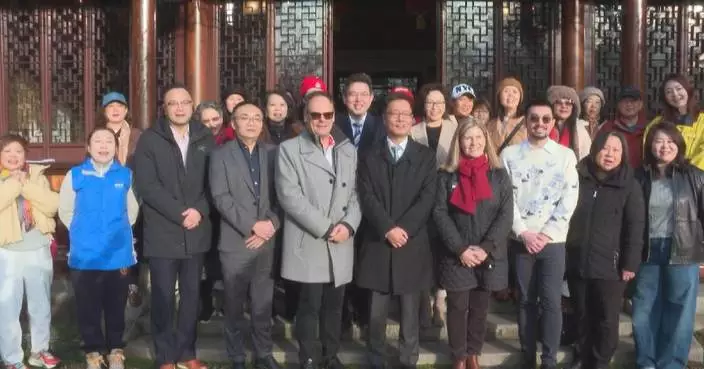Chinese Foreign Minister Wang Yi met with Foreign Minister of Guinea-Bissau Carlos Pinto Pereira on Wednesday in Changsha City of central China's Hunan Province.
Wang, also a member of the Political Bureau of the CPC Central Committee, congratulated Guinea-Bissau on becoming a founding member of the International Organization for Mediation (IOMed).
This institution will create a new platform and provide new options for countries, especially developing countries, to peacefully resolve disputes. It will help resolve disputes in a convenient manner in the spirit of autonomy and voluntariness, and will better safeguard the legitimate rights and interests of small and medium-sized countries, said the Chinese FM, adding that China is ready to strengthen cooperation with all parties, including Guinea-Bissau, to support the IOMed in fulfilling its due role.
Wang stated that in the face of the U.S. abuse of tariffs, Guinea-Bissau stood up and adopted reciprocal countermeasures, demonstrating the grit of Africa.
China and Guinea-Bissau should seek strength through unity, and safeguard the legitimate rights and interests, as well as the common interests of developing countries, Wang said, and called on the Global South to unite closely to resist all forms of unilateralism and protectionism, and defend international fairness and justice.
He also stated that since last year, the two heads of state met multiple times, and the important common understandings they reached have been implemented, further consolidating friendship and mutual trust. China and Guinea-Bissau have always treated each other as equals and supported each other, setting an example for relations between countries of different sizes.
Pereira expressed his pleasure at recently attending the signing ceremony of the Convention on the Establishment of the IOMed together with the Chinese side. The establishment of this new platform is of great significance and will help to better resolve differences in a peaceful and voluntary manner, he said.
Pereira also extended congratulations on the positive outcomes of the Ministerial Meeting of Coordinators on the Implementation of the Follow-up Actions of the Forum on China-Africa Cooperation (FOCAC) in Changsha, which further took stock of the early harvests of the outcomes of the Beijing Summit and formed a new consensus on cooperation.
He thanked China for its long-term assistance to Guinea-Bissau, and for practicing the principles of equality and mutual respect. Guinea-Bissau will continue to render mutual support with China, expand practical cooperation, and achieve mutual benefit and win-win results, said the visiting foreign minister.
Pereira came to China for the Ministerial Meeting of Coordinators on the Implementation of the Follow-up Actions of the FOCAC in Changsha.
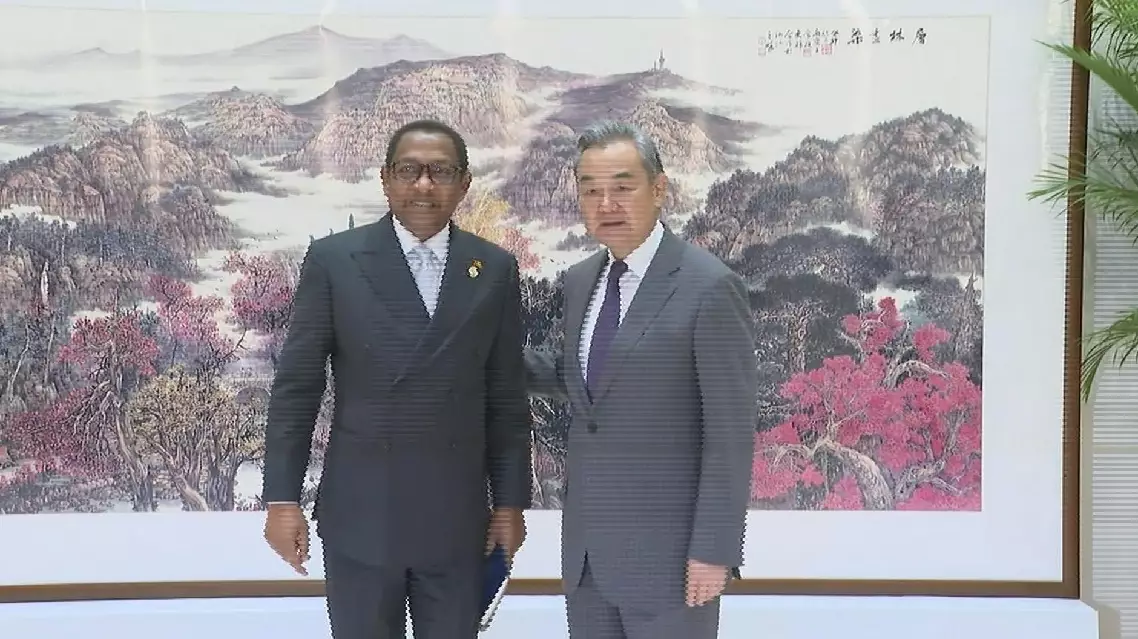
China, Guinea-Bissau should seek strength through unity: FM
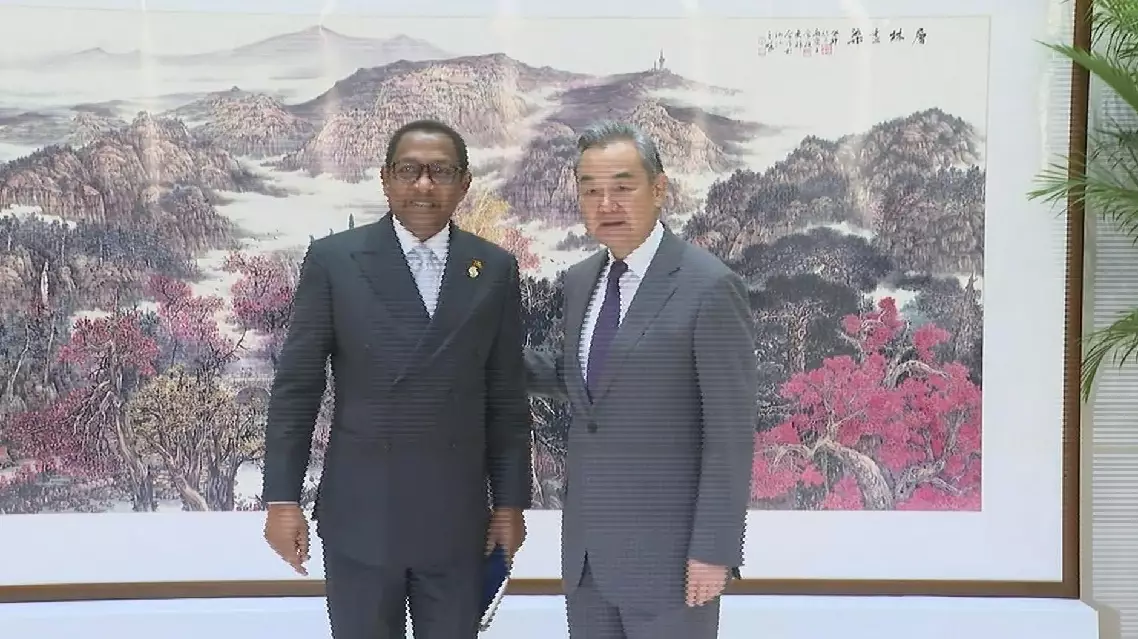
China, Guinea-Bissau should seek strength through unity: FM


